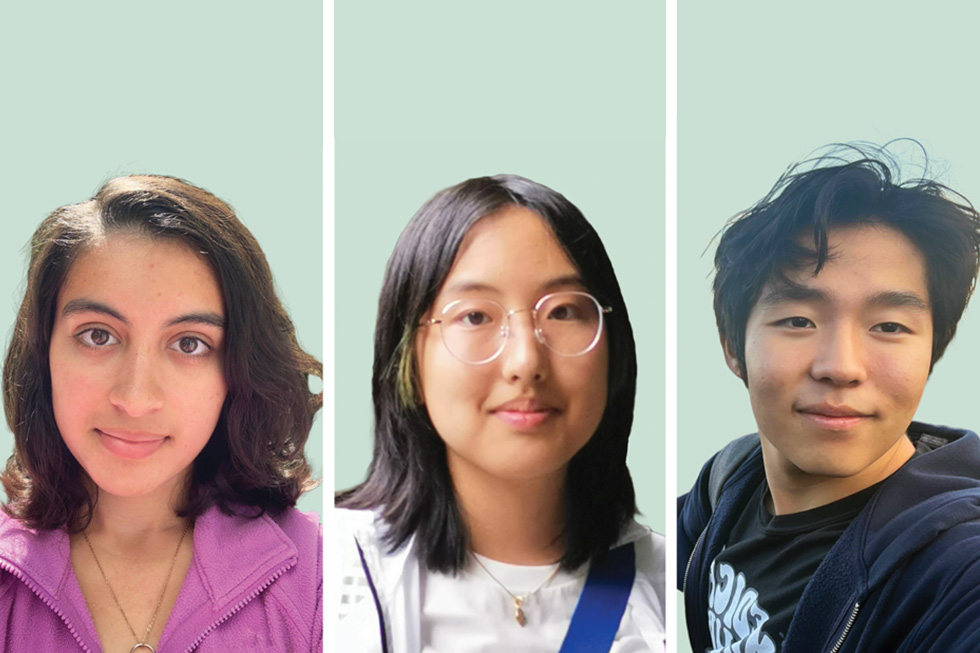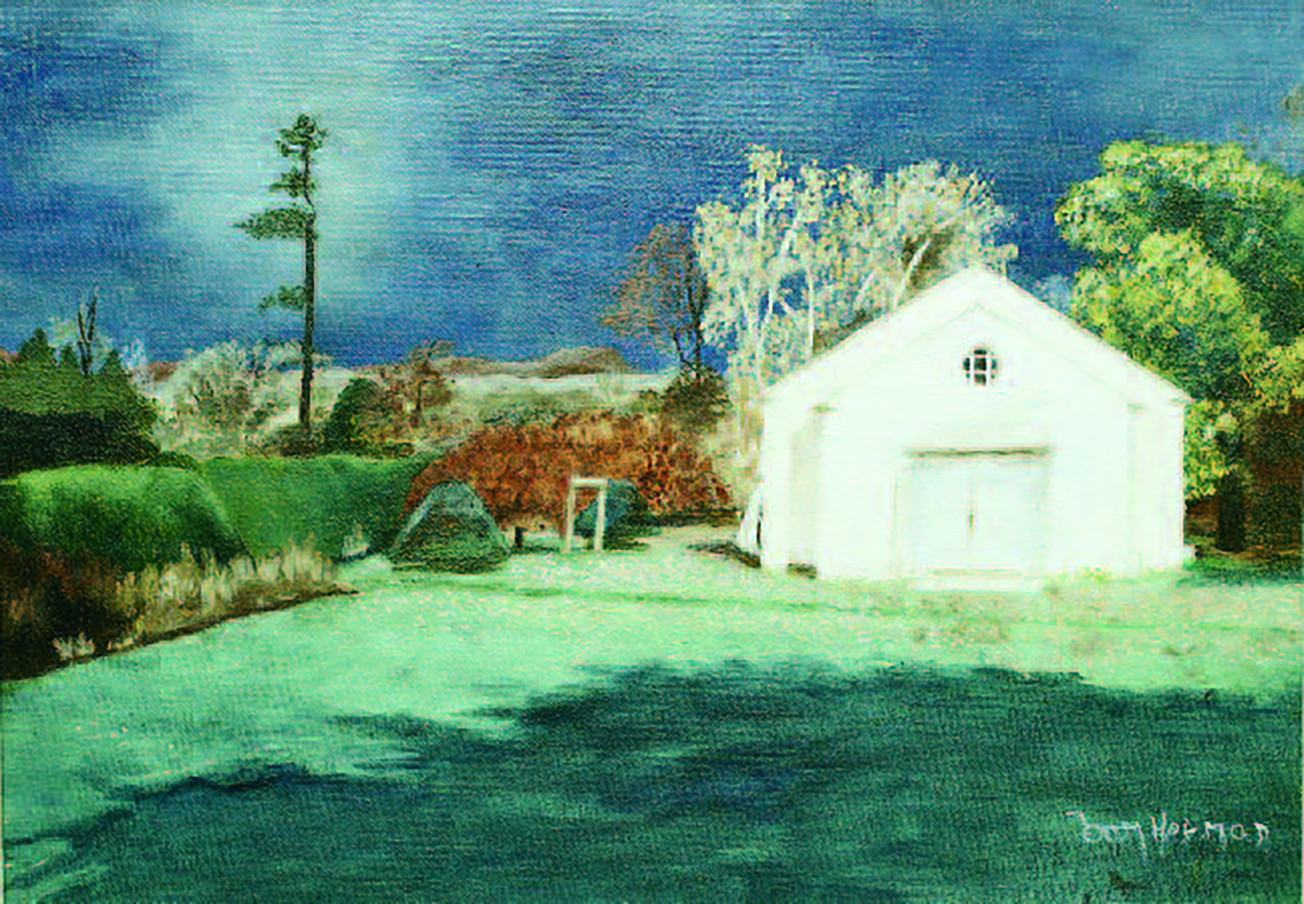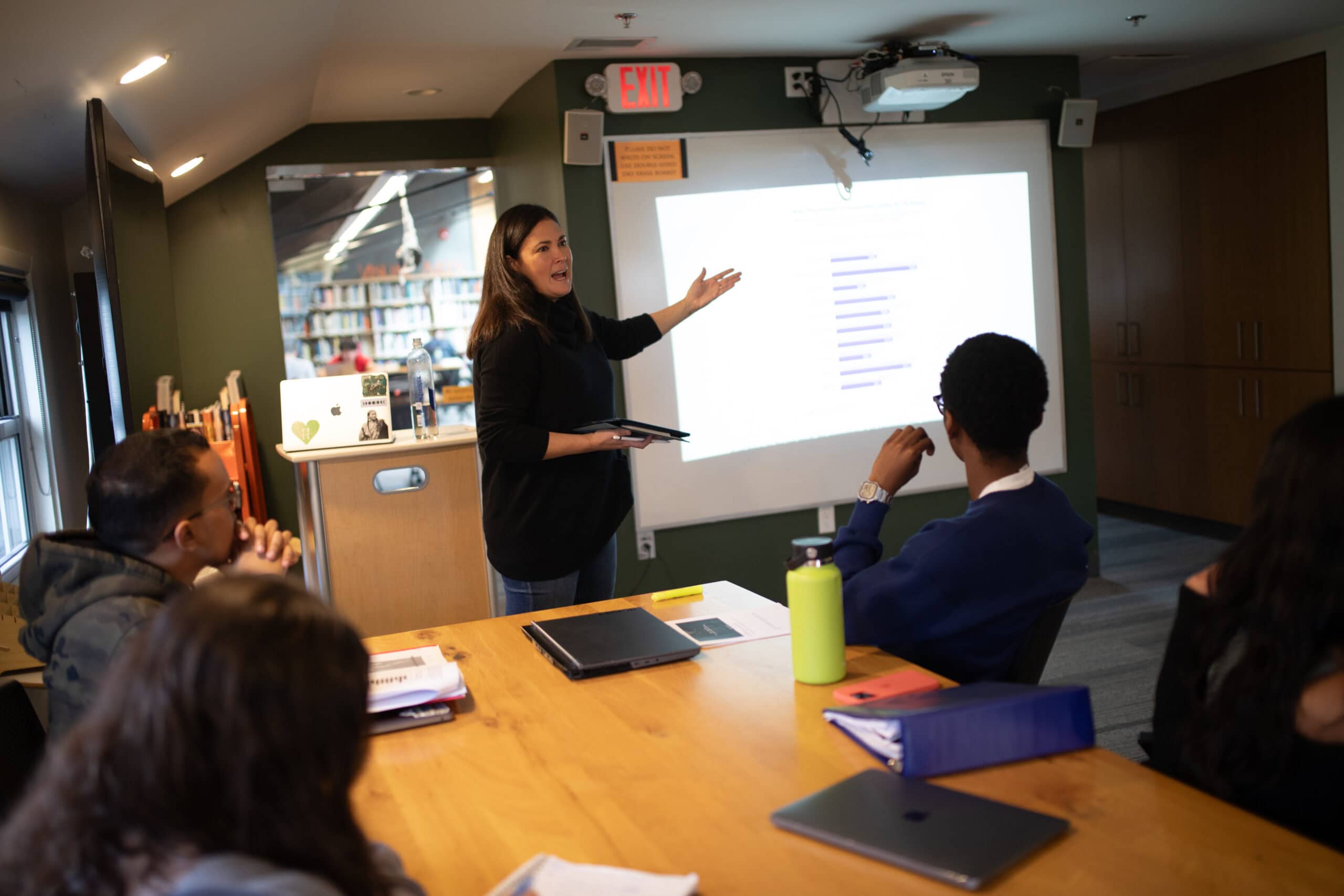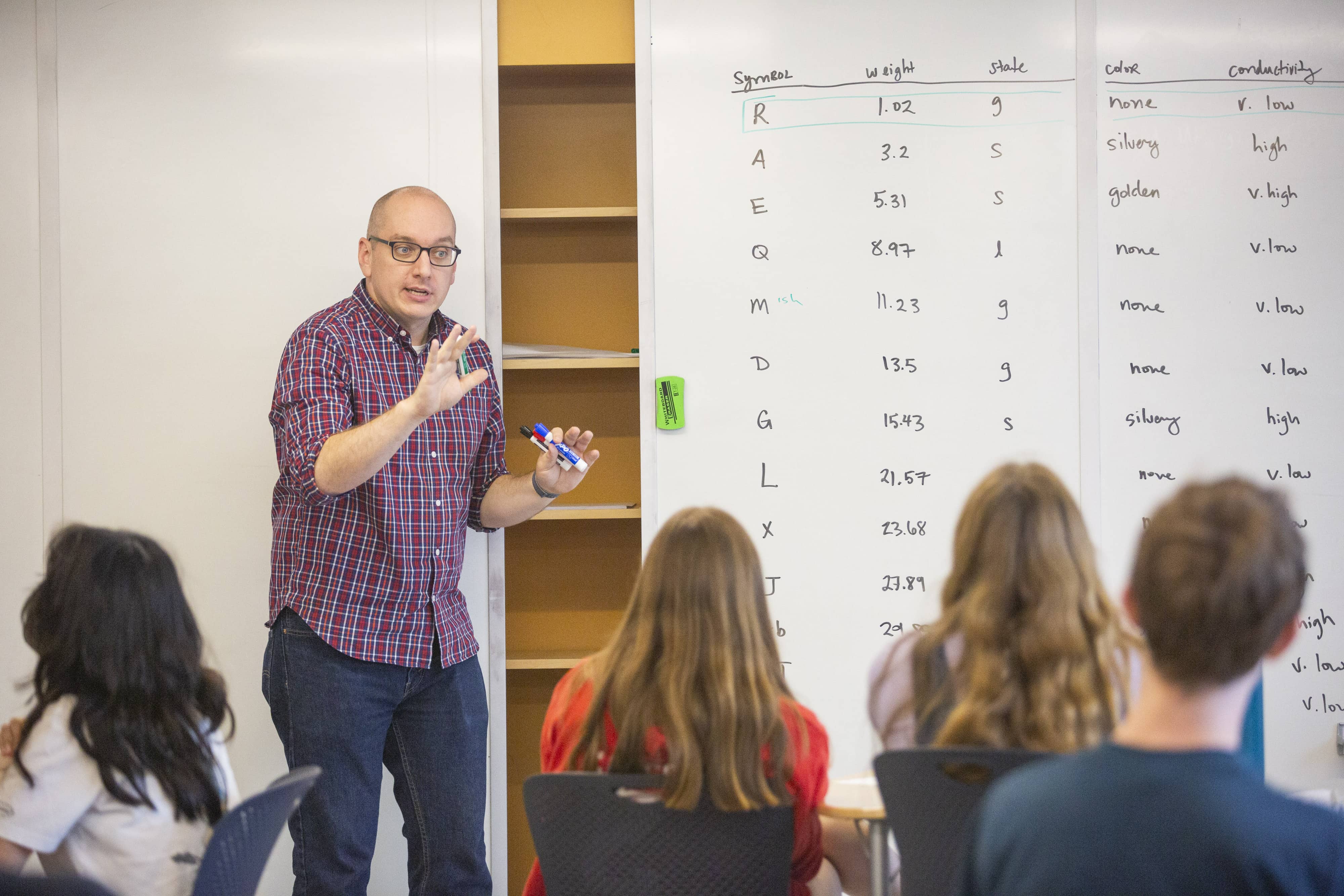CA Student Writers Make Headlines

Many Concord Academy students share a passion for research and writing. This school year, work by Ava Driggers ’24, Abby Hu ’26, and William Kim ’24 has been recognized in prominent publications and competitions.
Scholarly research by Ava Driggers ’24 was published in the fall issue of The Schola, a competitive quarterly journal of humanities and social science essays by high school students. Ava’s piece, Magical Spirituality: A Source of Self-Empowerment for African-American Women, is the result of two years of deep thought, perpetual revision, and a thirst for discovery.
The paper originated from former history teacher Ruth Waterson’s U.S. Gender and Religion in Early Age class, which Ava took as a 10th grader. The course’s semester-long assignment was to analyze the concept of faith as an equalizing force between the sexes.
Ava chose to focus on African diasporic religions. In her studies, she discovered magical spiritualities uniquely welcomed women to take on leadership roles. She formed a theory that the empowering qualities of magic had an impact on Black women in the early United States that has translated into modern-day feminism.
Waterson was the first person to advise Ava on the paper. “She helped me find my first sources, which given the niche topic, were quite hard to find. When I received Ruth’s encouraging comments, I decided I wanted to pursue the paper further with the goal of publishing. I felt I had only scratched the surface. In my continued work on the paper, [Assistant Head for Academics and Equity] Rob Munro offered support, encouragement, and occasional proofreads.”
The driving force behind Ava’s writing was the opportunity to highlight underrepresented voices. “I’m especially passionate about sharing the experiences of those whom society has not given space to do so. For this paper, my goal was to curate and contextualize the direct quotes of the powerful Black women engaged in magic whom society has disregarded and overlooked.”
Abby Hu ’26 was recognized by the John Locke Institute’s 2023 global essay contest. The competition invites students to explore a wide range of philosophical questions beyond the confines of the school curriculum. Senior academics from leading universities, including Oxford and Princeton, judge the essays.
Abby’s psychology essay is entitled Can Happiness Be Measured? To write it, she first considered the definition of happiness and created a list of arguments and counter-arguments for whether happiness can be quantified. She then began reading scientific studies. “I would research specifically to find statistics or theories that solidified my conceptualization as evidence to back up my reasoning,” Abby says.
After months of thoughtful contemplation, she concluded that happiness can not be measured due to the transience of the feeling and the complex, overlapping nature of emotion. She argues: “The nerves, chemicals, and the psyche of humans represent a complex web that is largely not understood to this day.”
The Institute was impressed by her paper and extended a commendation for her work. She describes her reaction to the honor as “a mixture of disbelief, enthusiasm, and accomplishment.”
However, Abby is motivated by the writing process rather than the final product. She says the part of writing the essay she enjoyed most was arranging and rearranging different concepts to create a compelling narrative.
In its summer issue, The Concord Review published a paper by William Kim ’24. The journal recognizes exemplary history essays by high school students, with an average acceptance rate of only 5%.
William’s article, Atoms for Peace’ To Three Mile Island: The Consequences of Anti-Nuclearism in the Post-War U.S, was inspired by his passion for environmentalism, which he discovered as a student at CA.
“I wanted to write a paper that reshaped the narrative around nuclear energy, because I wanted to show in some regards that the main reason nuclear energy failed was due to a school of thought that originated in the past and that we now have the opportunity to redefine the future.”
William’s favorite part of telling stories from history is the ability to see the world from different perspectives. “Experiencing things that have affected my parents, grandparents, and people from past eras [through research] is meaningful to me because it feels like I’m connected with their time period.”
The impetus behind his paper was a goal of starting conversations in the community around sustainability and advocating for green energy. The Concord Review isn’t just a place where I can prove my merit; it’s also an outlet for me to get my voice heard.”


